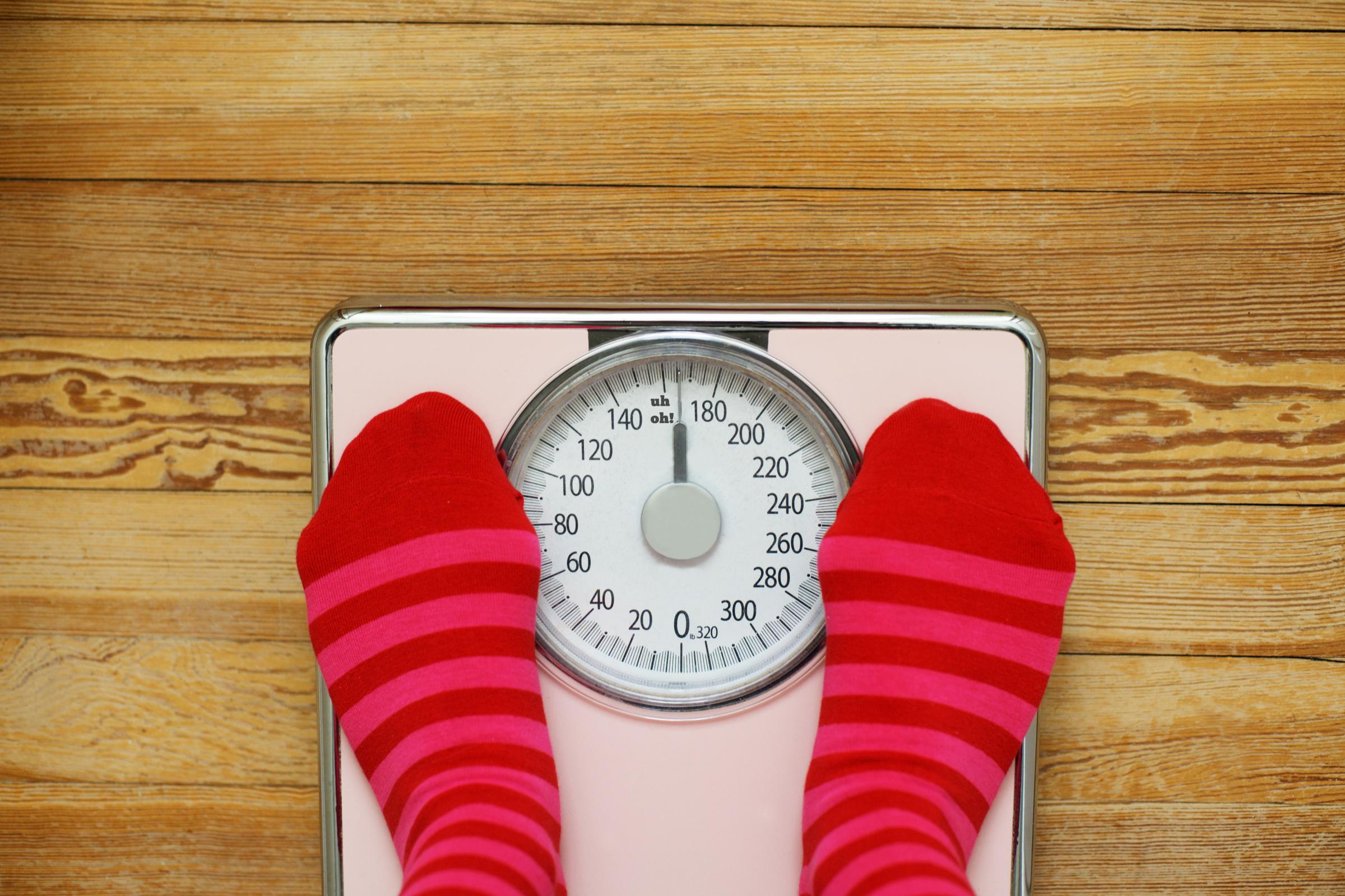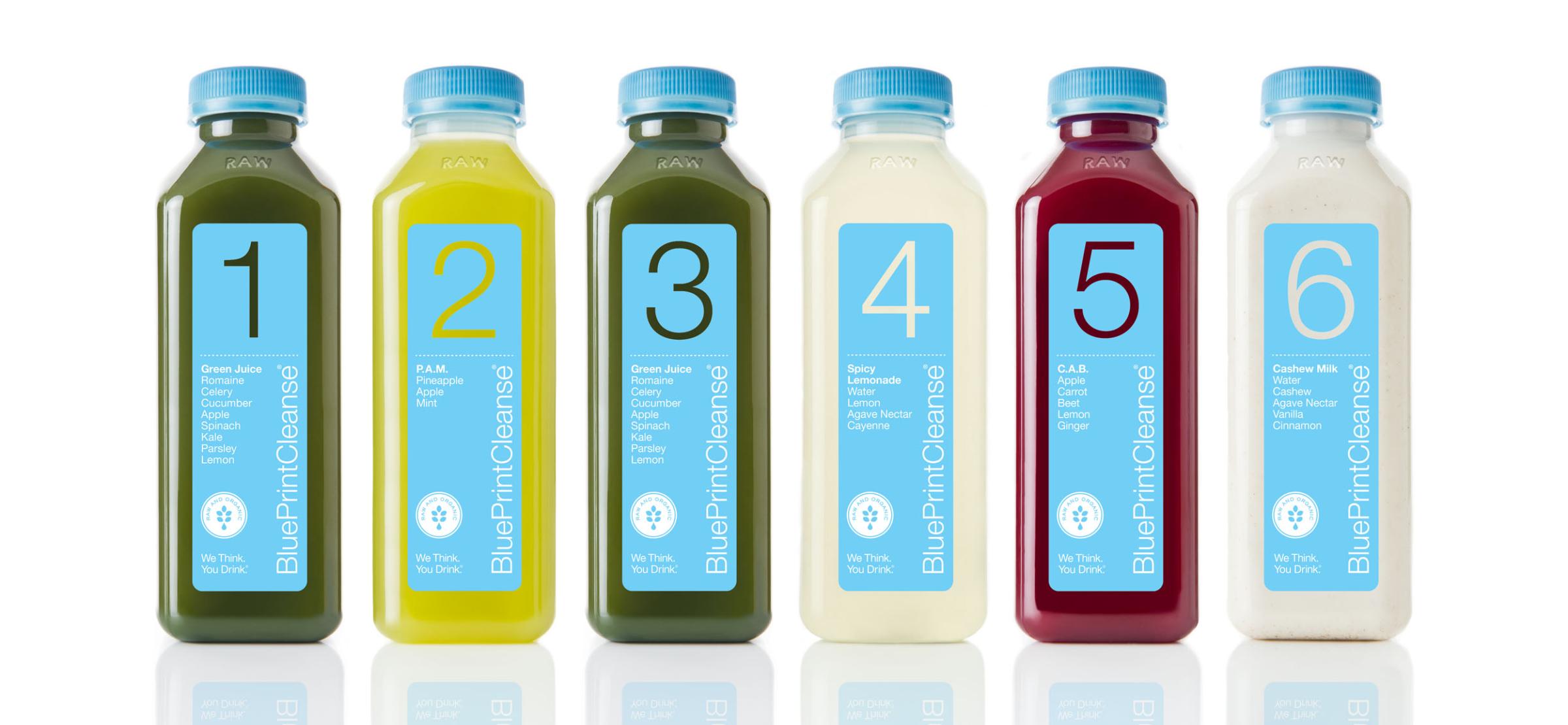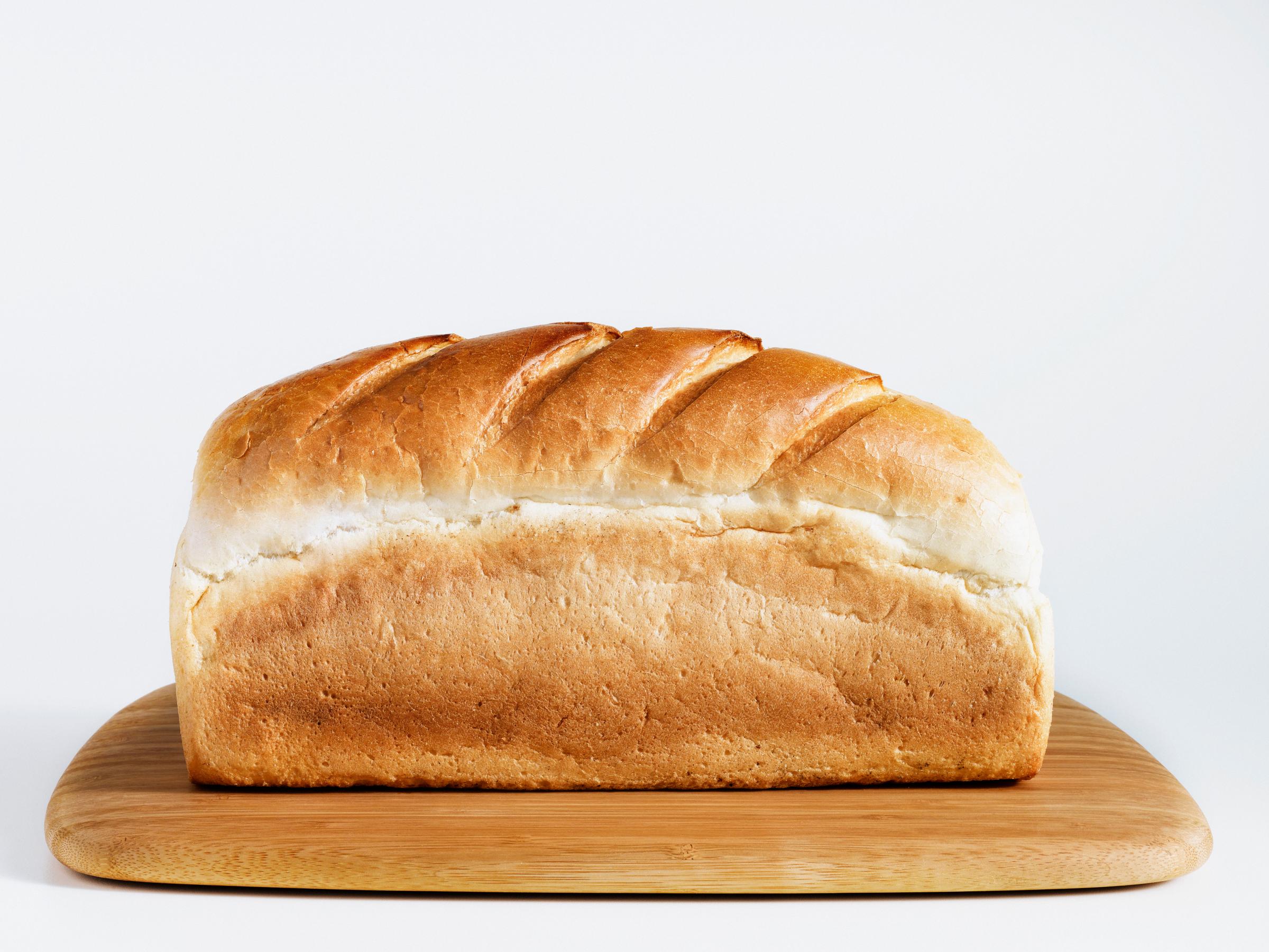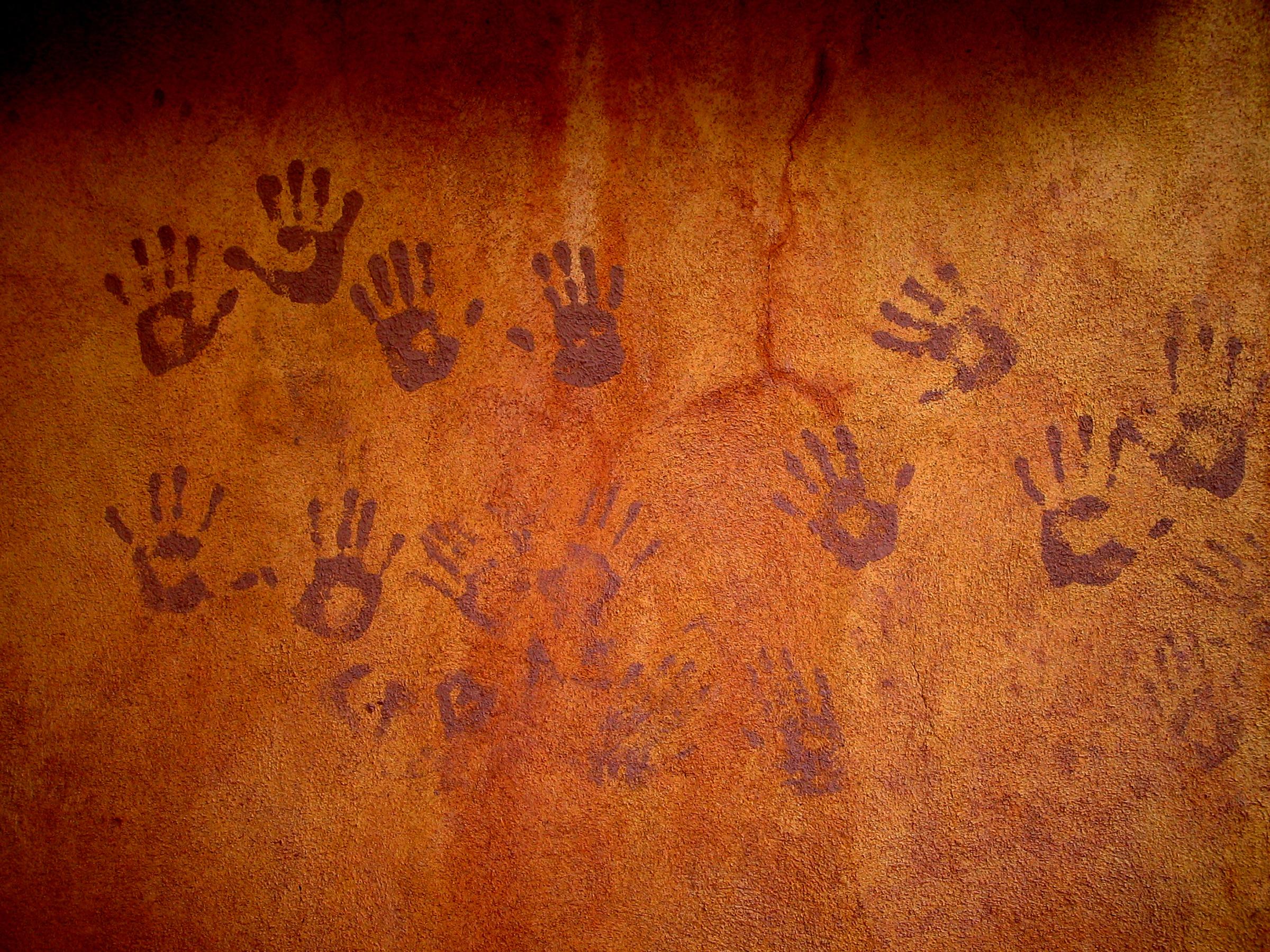Take the Quiz

We’re a week into the new year, which means many of us are days into a renewed effort to lose weight. If you’re already feeling like you’re not going to make it through the month on your new plan, maybe you’re not on the diet that matches your likes, dislikes and habits. To make it easy to find your diet match, we consulted some dieticians and nutritionists and compiled this short–and admittedly not entirely scientific–quiz to find out which eating plan may work best for you. Keep track of your answers and click through to find the diet you’re most likely to find appealing and stick with for more than a few days.
What best describes your eating habits?
A. I’m always on the go, I need something quick and easy.
B. I love to spend time cooking a meal, and I use a variety of foods.
C. I’m flexible. I try to eat healthy, but I still like to indulge on occasion.
D. I’m willing to eliminate foods and find substitutions if I need to.
E. I’m all about getting back to the basics. Our ancestors didn’t eat processed grains, so I don’t want to either.
Why do you diet?
A. I had an overindulgent weekend, and I need to kick start my week.
B. I’m at risk for some serious health issues like diabetes and heart diseases and I need to make some changes.
C. I want to lose weight. But I don’t want to give up ice cream.
D. I have celiac disease.
E. I’d like to lose weight, but I also want my diet to be a big part of my overall lifestyle.
What’s your dieting personality?
A. I’m always following the latest fad
B. I hate the idea of a diet
C. I’m meticulous, but I need motivation along the way
D. I do it because I have to. My body can’t handle certain foods
E. I’m fine voluntarily eliminating foods from my diet.
Juice Cleanse

If you answered with mostly As, juices may be for you.
Fans of the juice cleanse are typically those who want to stop filling their bodies with junk food, and give themselves a quick boost. Many people try a juice detox or cleanse to “jump-start” their bodies and clear their systems of toxins. But research on the benefits of these programs is conflicting, and many in the medical community are skeptical of their value. Losing weight on such cleanses isn’t always sustainable, since the initial water weight lost usually comes back once dieters go back to eating solid food.
That being said, however, there are many people who like the way they feel after a juice cleanse, especially after a weekend of pigging out. Advocates say it’s good for busy, multi-tasking folks who want quick results. It’s ideal for someone who wants to rebound from an over-indulgent weekend–or two or three– as long as they keep in mind that when it comes to trying to lose weight and keep it off, there are really no short cuts.
Mediterranean Diet

If you answered mostly Bs, try the Mediterranean diet.
A recent study found this diet alone, which is primarily made up of olive oil, nuts, vegetables, fruits, whole grains and fish, lowered the likelihood of developing diabetes among people at high risk of the disease — without the need to cut calories or exercise more. And previous studies documented a long list of possible health perks including lowering the risk for heart disease and memory loss. “Research shows that people with many types of health issues, including diabetes, heart disease, and depression could benefit from following a Mediterranean diet,” says Rachel Greenstein, the communications and licensing manager of Oldways, a non-profit group that encourages healthy eating and keeps a database of studies on the benefits of the Mediterranean diet.
According to the folks at Oldways, the diet is best for someone who is looking for a lifestyle change, rather than simply lowering calorie consumption. The diet welcomes a variety of foods, include red wine, in moderation. But people who follow the Mediterranean diet do limit their intake of red meat and sweets. “A person that would enjoy the Mediterranean diet appreciates flexibility in building their meals and prefers cooking as a part of their lifestyle, says Greenstein.
Weight Watchers

If you answered with mostly Cs, this plan might be effective.
Weight Watchers is a point-based diet system that allows users to log their foods and physical activity in order to meet a daily number that should put them on a path toward weight loss. Users are also able to attend meetings, where they share their weight loss journey with fellow dieters, and receive support and motivation from the meeting leader, who is someone who successfully used Weight Watchers to reach their weight loss goals. One of the attractive elements of the system is that it allows for indulgences, and helps users find alternative ways to make their favorite meals, or keep ice cream in their diet.
Weight Watchers is designed as a plan that fits easily into dieters’ lives, so they don’t have to abandon the foods they love or give up eating out. The plan promotes small, manageable goals over lofty ones that are difficult to reach. For Weight Watchers to work, you do need to be organized and willing to stay on top of your daily eating habits. Keeping a food diary is a proven method for shedding pounds, and the Weight Watchers method incorporates that strategy. But if you don’t want your diet to be something you think about with every bite, it might not be for you.
Gluten Free Diet

If you answered mostly Ds, you might benefit from going gluten-free.
The people who should be on a gluten-free diet are those who have celiac disease or gluten intolerance. But for whatever reason, the diet has become popular as a weight-loss plan, which is confusing for both people who suffer from the disease, and those who treat them. “These are not really low calorie products,” says Jacalyn See, a registered dietitian who works with celiac patients at the Mayo Clinic, in Rochester, Minnesota. “The [substitution] products often have more calories, and lack nutrients like B vitamins, iron and fiber.”
People with celiac disease develop an immune reaction when they eat gluten, a protein found in wheat, barley and rye. This damages the inner lining of the small intestine, causing diarrhea and bloating. If not treated, and patients simply avoid eating the irritating foods, they can develop deficiencies in key nutrients that compromise the brain to the nervous system and bone. While not all cases are severe, the reactions are enough to make dietary restrictions important.
If you think you have a gluten allergy, you should contact your doctor so you can be tested and diagnosed properly. Unless you have an allergy to glutens, there is really no reason to go gluten-free . Some people use it as an excuse to stay away from many breads, but end up substituting higher calorie foods instead.
Paleo Diet

Mostly Es.
The Paleo Diet is about getting back to the basics. The premise is that hunter-gather societies did not eat many of the processed foods we chow down on today, but instead filled up on meat and fish and fruits and vegetables grown without antibiotics and hormones. Most people who follow the diet avoid carbohydrates and processed grains. The scientific community is split on the benefits of the diet, many acknowledging that there are perks to eating lean meat and plant-based foods, and others complaining it is too restrictive. For some, it’s a way to lose weight, but for others it’s about the sustainability and lifestyle. Either way, it’s a commitment.
More Must-Reads From TIME
- The 100 Most Influential People of 2024
- The Revolution of Yulia Navalnaya
- 6 Compliments That Land Every Time
- What's the Deal With the Bitcoin Halving?
- If You're Dating Right Now , You're Brave: Column
- The AI That Could Heal a Divided Internet
- Fallout Is a Brilliant Model for the Future of Video Game Adaptations
- Want Weekly Recs on What to Watch, Read, and More? Sign Up for Worth Your Time
Contact us at letters@time.com